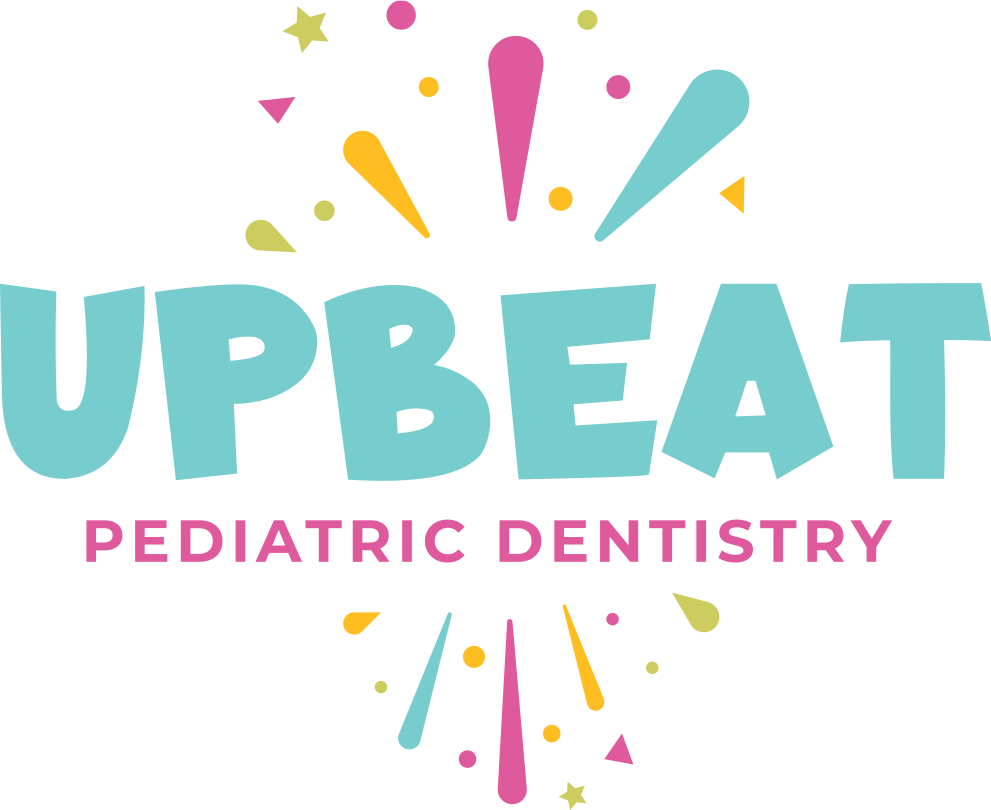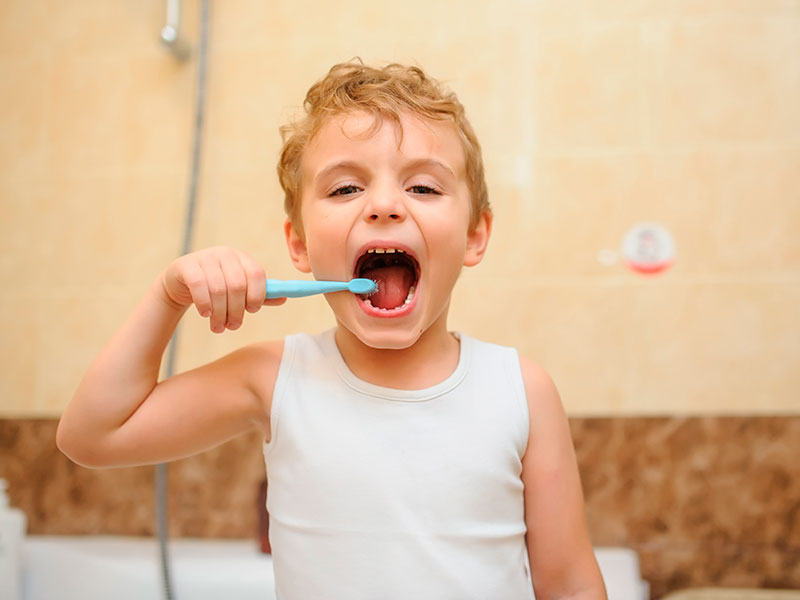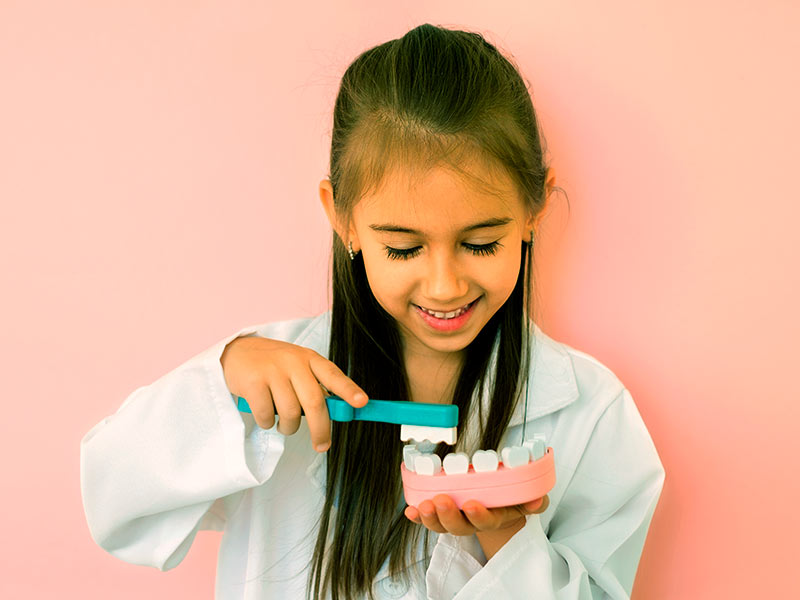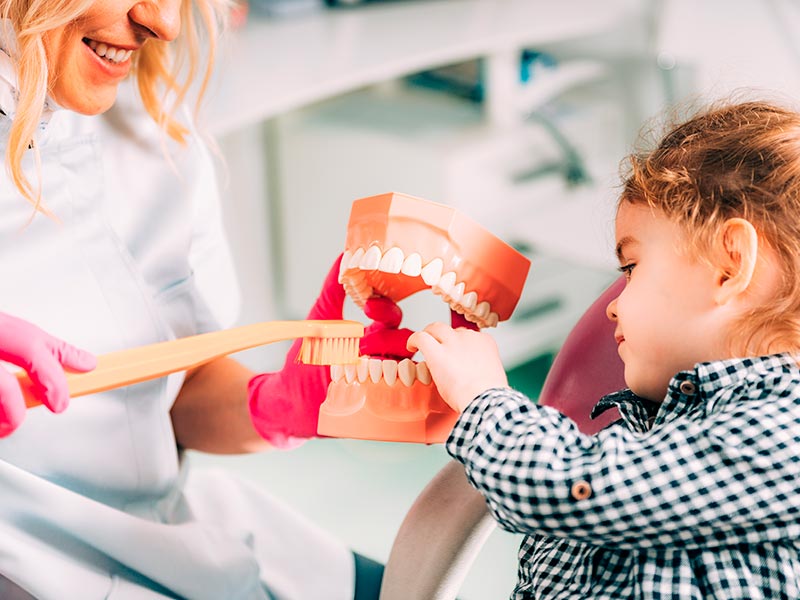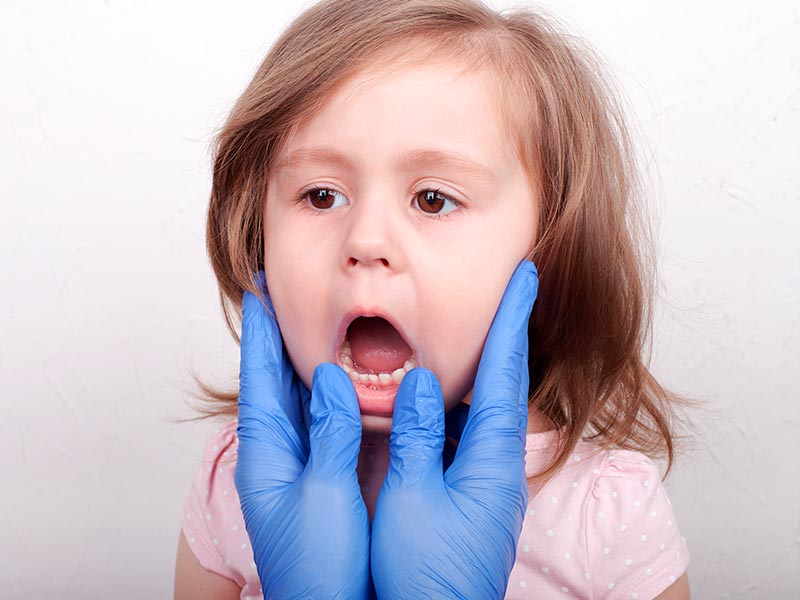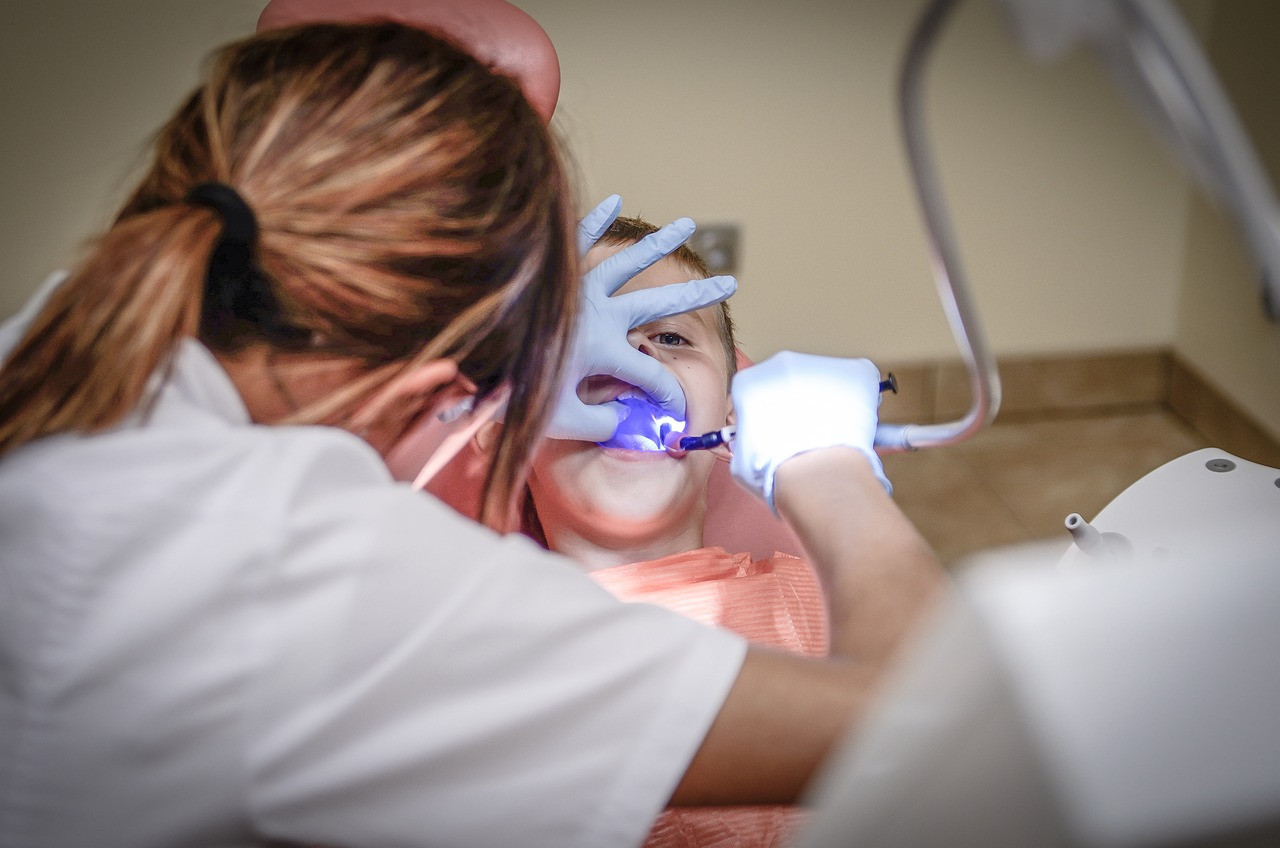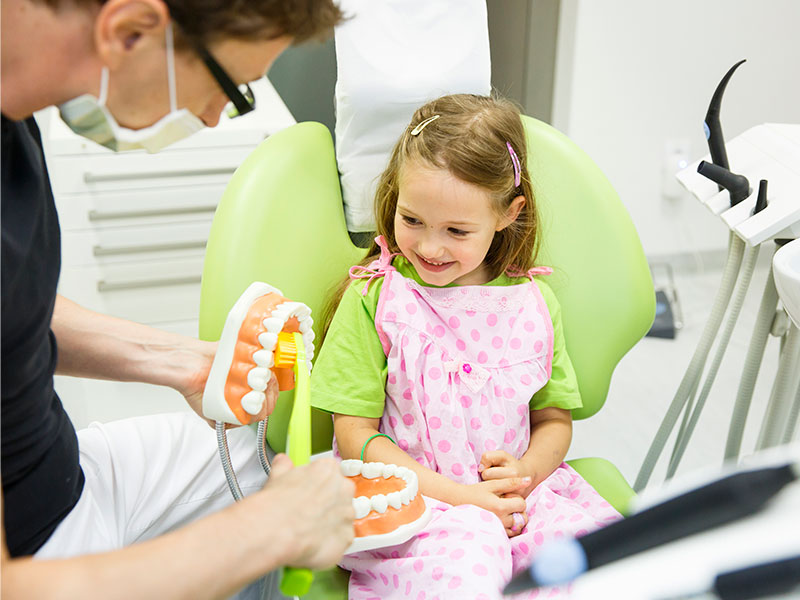As a parent, ensuring your child maintains good oral hygiene habits from a young age is crucial for their long-term dental health.
One of the key components of a child’s oral care routine is selecting the right toothpaste and toothbrush. With so many options available on the market, it can be overwhelming to know which products are best suited for your child’s needs.
In this guide, we’ll explore everything you need to know about choosing the right toothpaste and toothbrush for your child.
Toothpaste Selection: What to Consider
When selecting a toothpaste for your child, it’s essential to consider factors such as their age, oral health needs, and personal preferences. Here are some key considerations to keep in mind:
Fluoride Content
Fluoride is a mineral that helps strengthen tooth enamel and prevent cavities. For children aged two and older, selecting a toothpaste with fluoride is recommended to provide added protection against tooth decay. However, it’s essential to use fluoride toothpaste in moderation and ensure your child spits out the toothpaste after brushing to avoid swallowing excessive amounts.
Age-Appropriate Formulas
Toothpaste comes in various formulations tailored to different age groups. For infants and toddlers, non-fluoridated or low-fluoride toothpaste specifically designed for young children is recommended. These toothpastes are gentle on delicate gums and teeth while still providing effective cleaning.
Flavor Preferences
Children may be more inclined to brush regularly if they enjoy the flavor of their toothpaste. Consider letting your child choose a toothpaste flavor they like, whether it’s fruity, minty, or bubble-gum flavored. Just be sure to select a toothpaste that still meets their oral health needs.
ADA Seal of Approval
Look for toothpaste brands that have earned the American Dental Association (ADA) Seal of Acceptance. This seal indicates that the product has undergone rigorous testing and meets strict criteria for safety and effectiveness.
Toothbrush Selection: What to Consider
Choosing the right toothbrush is equally important as selecting the appropriate toothpaste. Here are some factors to consider when choosing a toothbrush for your child:
Size and Bristle Softness
Opt for a toothbrush with a small, compact head and soft bristles that are gentle on your child’s teeth and gums. Soft bristles effectively remove plaque and food debris without causing damage to the enamel or gum tissue. The size of the toothbrush head should be proportional to your child’s mouth size to ensure it can reach all areas effectively, including the back molars.
Age-Appropriate Design
Toothbrushes come in different designs tailored to various age groups. For infants and toddlers, consider a finger brush or a small, soft-bristled toothbrush with a wide handle that is easy for little hands to grip. As your child grows, you can transition to toothbrushes with longer handles and larger heads for improved maneuverability and coverage.
Electric vs. Manual
Electric toothbrushes can be a great option for children, especially those who may have difficulty effectively brushing with a manual toothbrush. The vibrating or rotating bristles of an electric toothbrush can help remove plaque more efficiently and may encourage children to brush for the recommended two minutes. However, manual toothbrushes are also effective when used correctly and may be preferred by some children.
Fun and Engaging Designs
Choose a toothbrush with a fun and engaging design featuring your child’s favorite cartoon characters, colors, or patterns. A toothbrush with an attractive design can make brushing more enjoyable for children and motivate them to brush regularly.
Replaceable Heads
If you opt for an electric toothbrush, consider choosing one with replaceable brush heads. Replaceable heads allow you to change the brush head regularly to maintain optimal brushing effectiveness and hygiene.
Tips for Proper Brushing Technique
Once you’ve selected the right toothpaste and toothbrush for your child, it’s essential to ensure they brush their teeth properly. Here are some tips for teaching your child the correct brushing technique:
- Demonstrate Proper Technique: Show your child how to brush their teeth by demonstrating the correct technique. Use gentle, circular motions to clean the front, back, and chewing surfaces of the teeth. Encourage your child to brush for at least two minutes each time.
- Supervise Brushing: Supervise your child’s brushing sessions, especially if they are younger or still learning proper technique. Offer guidance and encouragement as needed to ensure they brush all surfaces of their teeth thoroughly.
- Use a Pea-Sized Amount of Toothpaste: For children aged three and older, a pea-sized amount of fluoride toothpaste is sufficient. Teach your child to spit out the toothpaste after brushing rather than swallowing it.
- Brush Twice a Day: Encourage your child to brush their teeth twice a day, ideally in the morning and before bedtime. Establishing a consistent brushing routine from an early age sets the foundation for good oral hygiene habits.
- Don’t Forget the Tongue and Gums: Remind your child to gently brush their tongue and gums as well to remove bacteria and freshen their breath.
By selecting the right toothpaste and toothbrush for your child and teaching them proper brushing technique, you can help them maintain optimal oral health and develop lifelong habits for a healthy smile. If you have any questions or concerns about your child’s oral care routine, don’t hesitate to contact us for guidance and recommendations.
